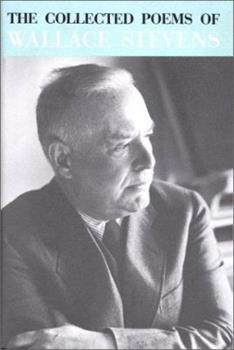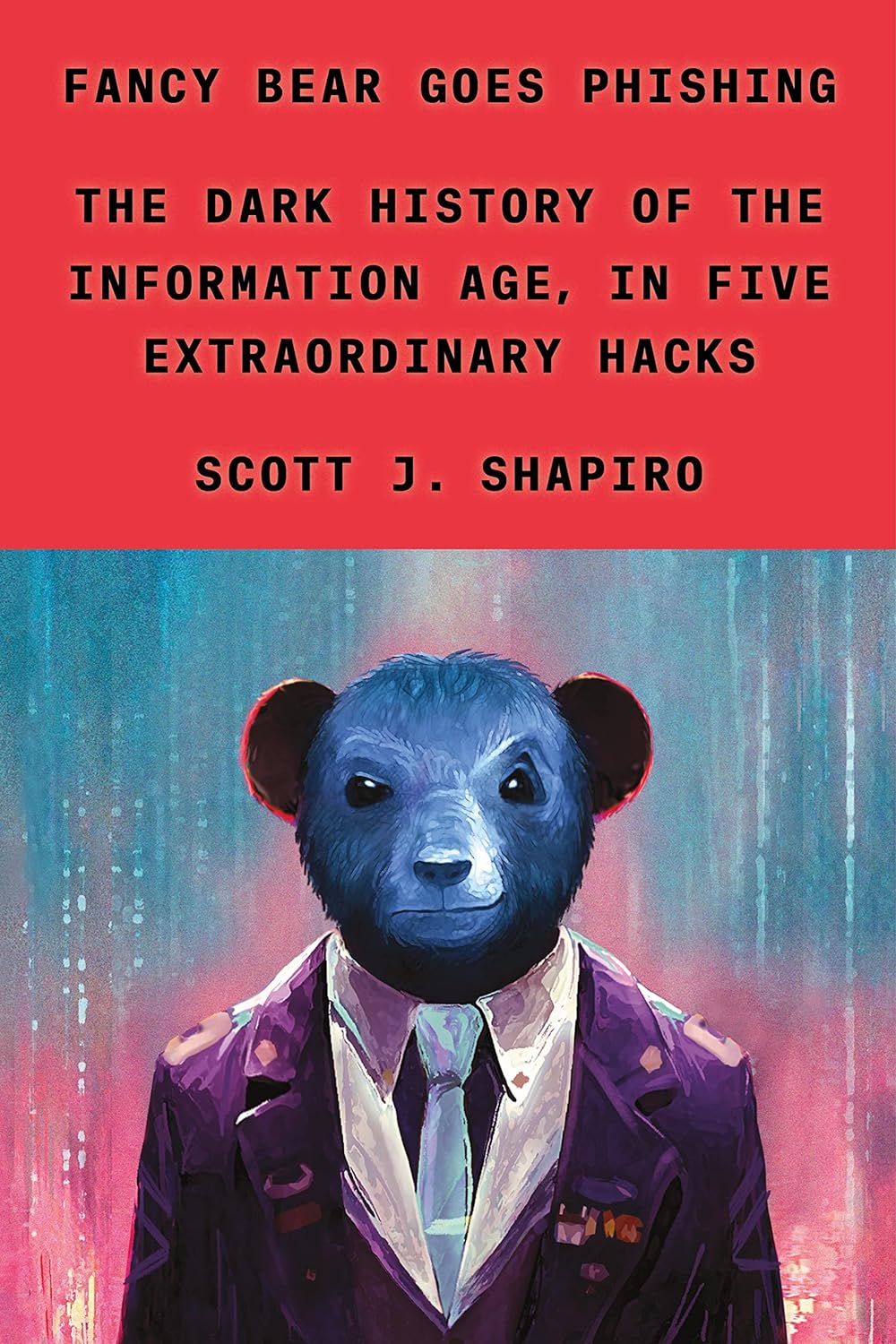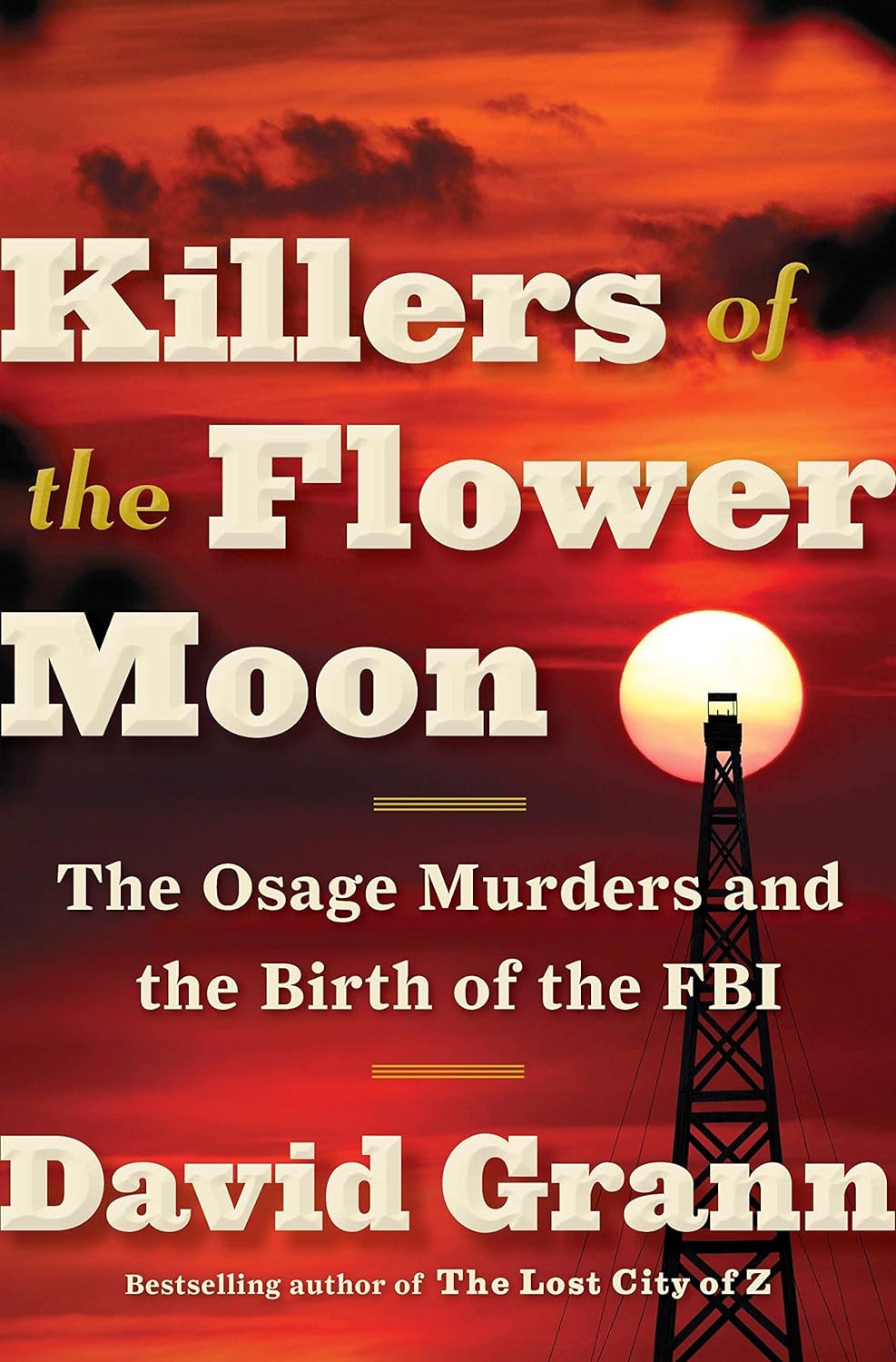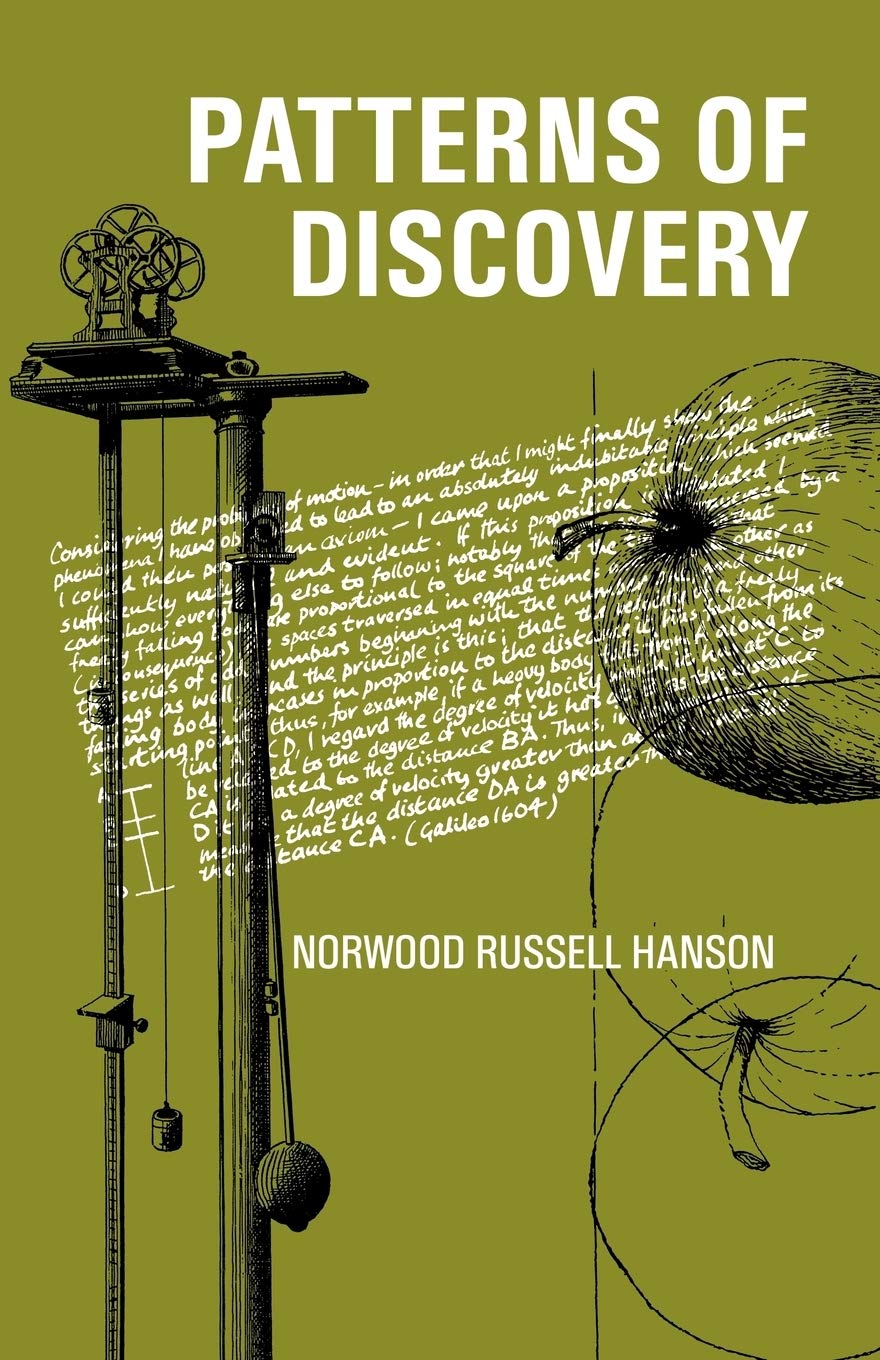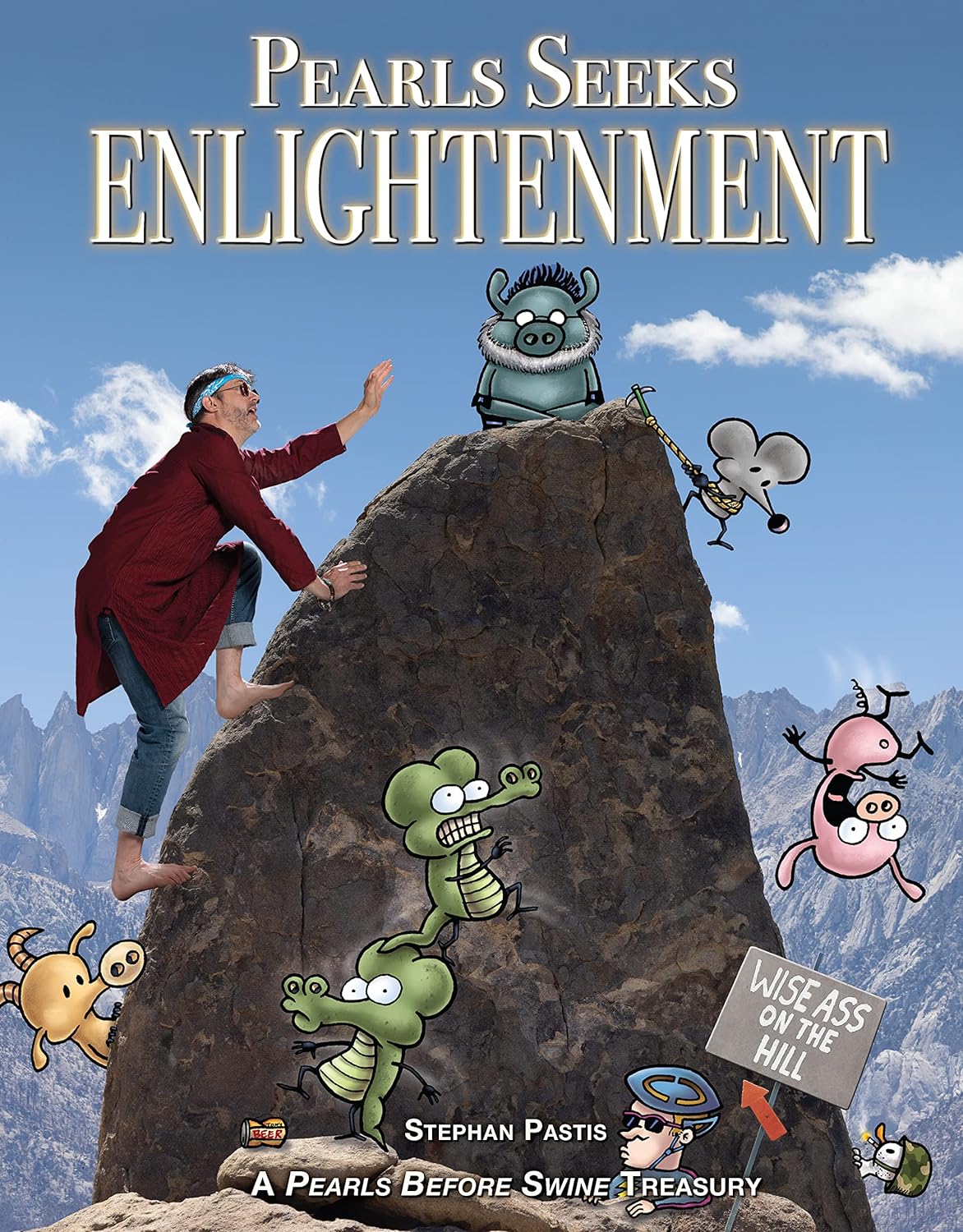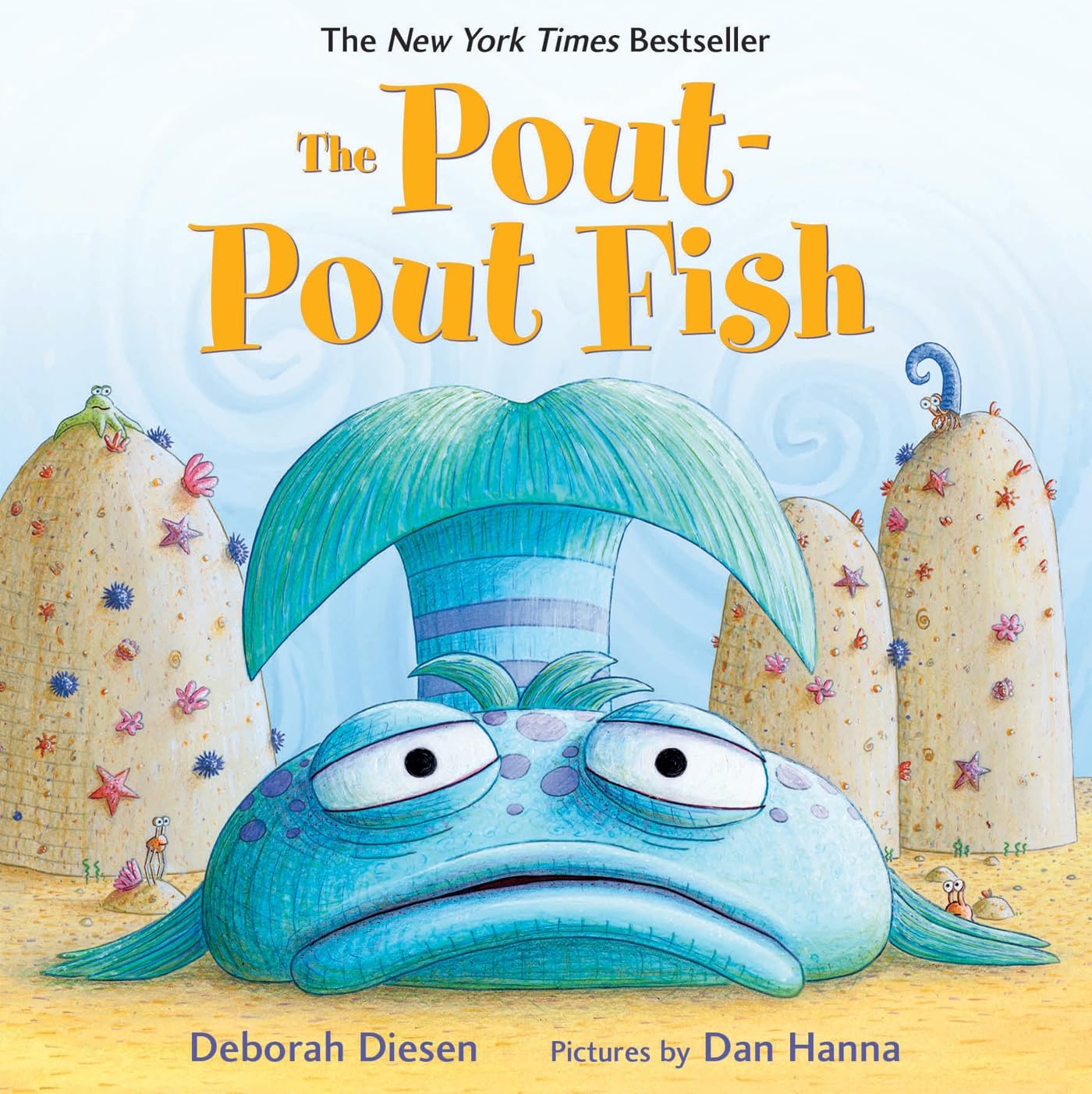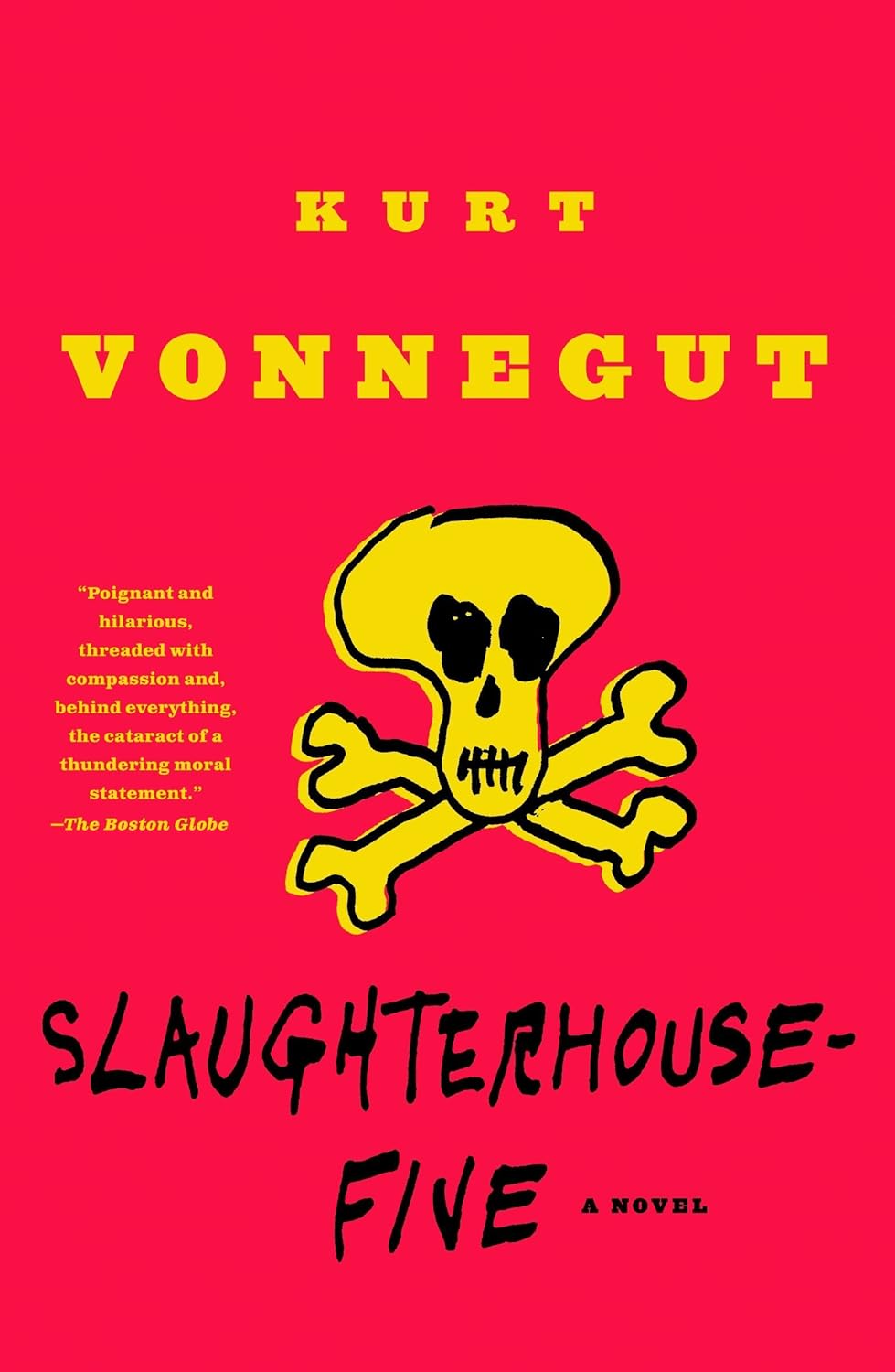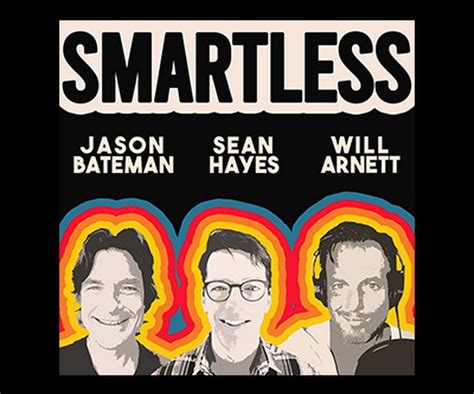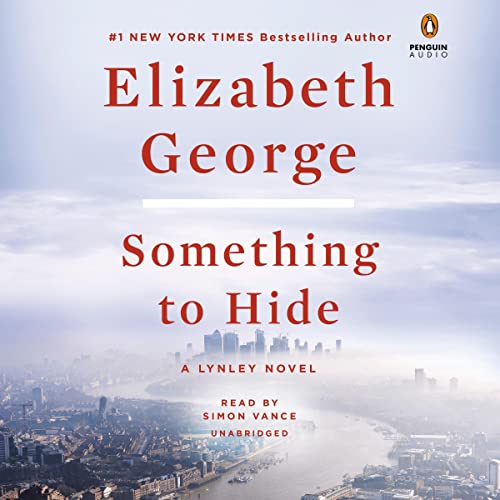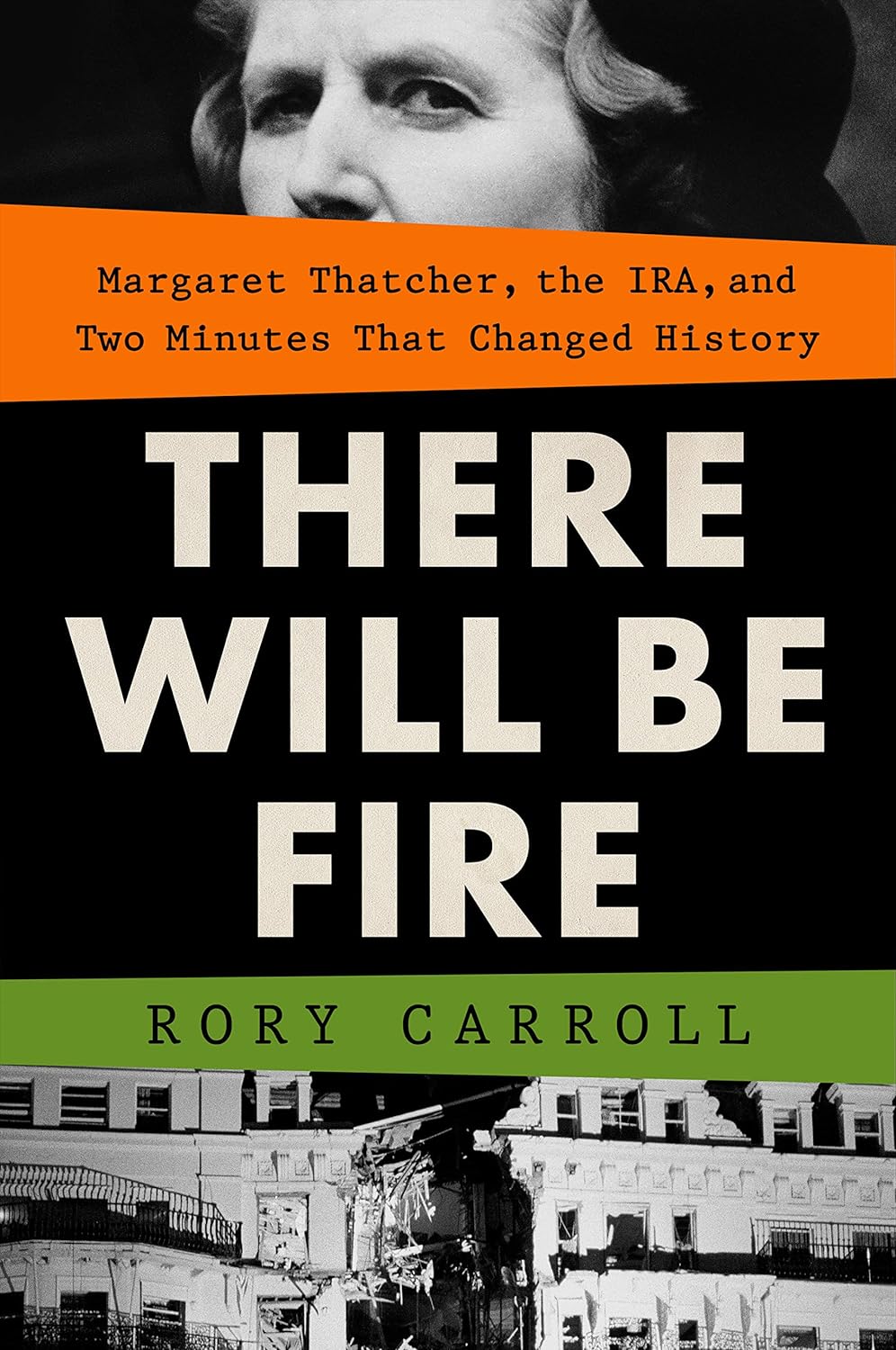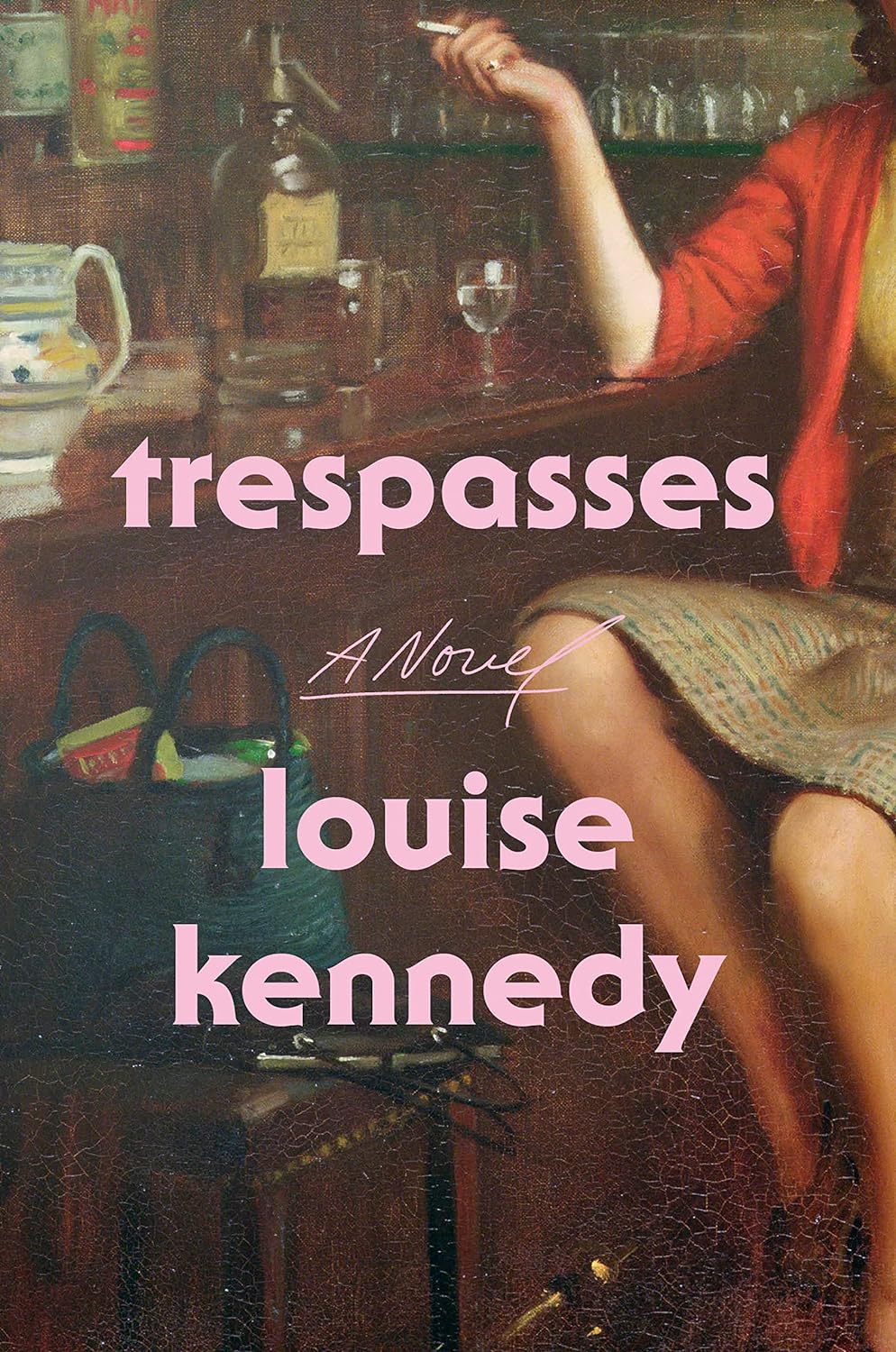
Photo credit: Hildreth Willson
Wow, just wow. This list is a veritable cornucopia of recommendations reflecting the wide ranging interests of the Berkeley Law Community. There truly is something here for everyone and every age.
We wish you a relaxing break doing what you like to do with the people you love (and of course we hope that means enjoying some of these books). All the best for 2024!
Berkeley Law Library
Click on book cover to read review.






